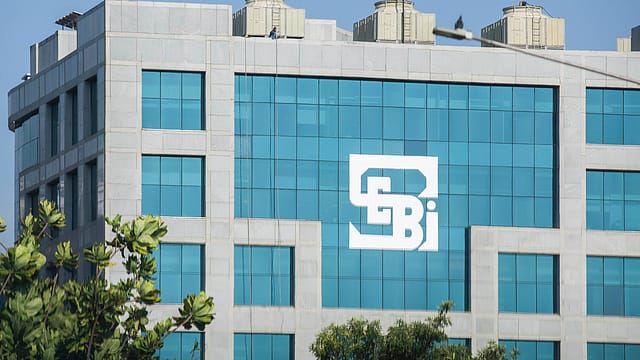SEBI allows bonus issue trading to start T+2 days from record date
ADVERTISEMENT

Starting October 1, 2024, investors can trade bonus shares just two days after the record date, as per SEBI's latest circular. The implementation of the T+2 settlement system aims to streamline and speed up the previously delayed process of crediting and trading bonus shares.
A bonus issue grants existing shareholders extra shares at no cost, increasing the share count but keeping the investment value unchanged. The record date, or T date, is when a company determines, which shareholders qualify for a bonus issue. Currently, bonus shares are available about a week after the record date, leading to timeline inconsistencies.
Under the new guidelines, trading will commence on the second working day after the record date, reducing delays and improving market efficiency. This change is expected to benefit both issuers and investors by minimising the time gap between bonus share allotment and trading, while also reducing exposure to market volatility.
“As a part of the continuing endeavour to streamline the process of bonus issue of equity shares, in consultation with the market participants, it has been decided to reduce the time taken for credit of bonus shares and trading of such shares, from the record date of the Bonus Issue,” says the SEBI circular.
January 2026
Netflix, which has been in India for a decade, has successfully struck a balance between high-class premium content and pricing that attracts a range of customers. Find out how the U.S. streaming giant evolved in India, plus an exclusive interview with CEO Ted Sarandos. Also read about the Best Investments for 2026, and how rising growth and easing inflation will come in handy for finance minister Nirmala Sitharaman as she prepares Budget 2026.
The Monday circular also outlines the procedure and states that delays in meeting these timelines will result in penalties for non-compliance with SEBI ICDR regulations.
Under the current ICDR rules, there are general timelines for implementing a bonus issue, but no specific deadlines for crediting or trading bonus shares after the record date.
SEBI has directed exchanges and depositories to amend their bylaws, rules, and regulations to align with the new changes.
The operational procedure for the bonus shares is given below -
The issuer company proposing a bonus issue must first apply for an in-principle approval under the SEBI’s (Listing Obligations and Disclosure Requirements) Regulations. This application must be submitted to the stock exchanges within 5 working days from the date of the board meeting that approves the bonus issue.
While fixing and intimating the record date (T day) to the stock exchange, the company must also record the deemed date of allotment on the next working day after the record date (T+1 day).
Upon receiving the intimation of the record date and the necessary documents, the stock exchange will issue a notification, specifying the number of shares to be considered in the bonus issue and mentioning the deemed date of allotment (T+1 day).
The issuer must then ensure that all the necessary documents are submitted to depositories for the credit of bonus shares into the depository system. This must be done by noon on the next working day after the record date (T+1 day).
The issuer must upload the distinctive number (DN) ranges into the depository's DN database. The stock exchange must ensure that all relevant dates are updated before the credit of bonus shares is made to shareholders.
The shares allotted under the bonus issue will be made available for trading on the next working day after the allotment date (T+2 day).
Simply put, if a company's board has set the record date for the bonus issue as November 4 (Monday), the shares will be allotted to eligible shareholders on November 5 (Tuesday), and these shares will be available for trading starting November 6 (Wednesday).
Additionally, the requirement for a temporary ISIN for bonus shares is no longer needed, allowing direct credit into the company's existing ISIN.
SEBI proposed these changes last month in a consultation paper to streamline the bonus issue process and ensure timely implementation.
